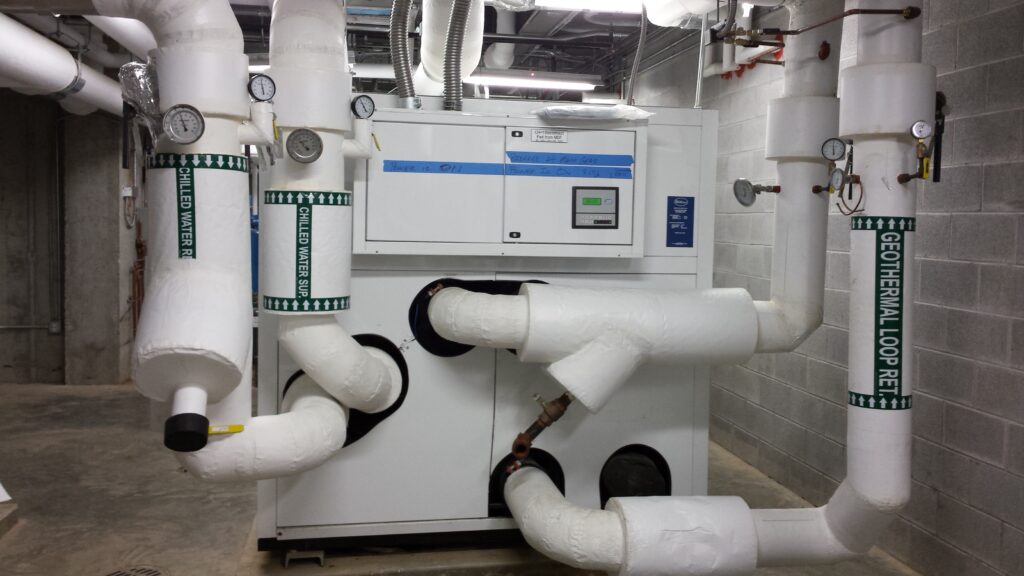If you ask a coal miner about the “War on Coal,” chances are you’ll get an earful about the EPA, President Obama, and all of the environmentalists who don’t care about coal mining families. You’ll may also hear that “coal mining is all there is” in an area where few living wage job alternatives exist. All politics aside, one has to realize they are absolutely right.
Coal is all there is in Appalachia unless you go to college seeks careers in healthcare, law, or, to a lesser extent, engineering. Otherwise high school graduates join the ranks of the working poor to piecemeal an income together from part-time jobs at a grocery stores, fast food joints, or the local Wal-Mart—if your’re lucky to have one nearby.
There are a lot of reasons things have come to be this way in Appalachia which I have covered in other posts to some extent. Absentee land ownership, political corruption, underfunded education systems, and economic controls that intentionally create a captive workforce of coal miners and thereby limits job alternatives, all thanks to the coal and natural gas industries. The fact remains that coal is all there is at the moment, and coal employment will continue to decline despite any upticks in markets or deregulation of the industry. Natural gas has destroyed coal’s stake in power generation markets leaving mainly met coal exports for steel production in foreign countries.
Over the last two decades, many solutions have been offered up to diversify coalfield economies. High bandwidth internet infrastructure has been suggested to increase the possibility of information technology jobs. Some have begun workforce development initiatives, seeking to train an entire workforce worthy of attracting advance manufacturers to the region. The creation of a renewable energy industry has been a favorite among environmental activists and other liberal think tanks. And lastly, there are many who believe a tourist industry could be built around the remaining natural beauty of the region and, as they are attempting in Lynch, Kentucky, the history of coal mining.
Each has its flaws.
Information technology jobs such as data centers don’t employ large numbers of people. Call centers are highly mobile and have a tendency to exploit local tax breaks. Once tax breaks end, they pull up stakes and move to the next economically depressed area. Advanced manufacturers have a lot to choose from when considering locations to invest in multi-million dollar facilities, including areas with larger populations, better access to transportation infrastructure, and not to mention areas with better-funded public education systems, no worry of environmental health issues, and many more recreational opportunities.
And though renewable energy installations could create a short uptick in construction jobs, the jobs would only be short-term and outside contractors often bring in their own workforce of skilled laborers.1 I think it’s also worth mentioning that wind and solar will never equal the base load capacities of coal or natural gas, especially if people continue wasting energy.
Finally, tourism is predominantly a service based industry offering low wage, part-time, minimum wage positions without benefits. If tourism did grow, it would take the form of outside investors buying up all the real estate (absentee land ownership again) and gentrifying local communities. Local residents would be left to suffer among service industry jobs, not unlike Pigeon Forge and Gatlinburg, Tennessee, or Boone, North Carolina, to name a few.
So what industry could provide thousands of living wage jobs, jobs that do not require extensive college course and retraining? What industry would not require extensive infrastructure to be installed before jobs are offered to those who desperately need them? What industry would help alleviate the issues of fossil fuel consumption?
Energy efficiency.
Energy efficiency technology has come a long way. It would take tens of thousands of skilled trade workers decades upon decades to upgrade public buildings, businesses, and homes with energy efficiency technology. Not only would this create steady, living wage jobs—it would save people and businesses massive amounts of money as they decrease their energy demands. It would also preserve what fossil fuels we have and enhance our national energy security.
Coal miners and high school graduates could be trained and licensed in building trades specific to energy efficiency retrofits at local vocational schools and community colleges as well as given assistance in setting up employee-owned companies.
The transition won’t be without its issues. It will take tremendous investments in public projects to pay for materials and wages (perhaps from a national carbon fee & dividend)? Needless to say, this will take a great deal of political motivation. Appalachian communities as a whole will also have to step up and do their part.
The fact remains that political interests who have enjoyed the reign of coal will not turn their backs on the industry that has helped them maintain their wealth and power. People will have to take back control of their local, state, and federal governments from extractive industries. New politicians will have to be voted in and constantly watched. Absolute transparency will be needed in the procurement and distribution of federal funds necessary to ensure a proper economic transition. The Appalachian people have sacrificed enough. At the cost of our health and well being, we have dug the coal that has made everyone’s life in this nation more convenient. I think it’s only fair that this nation whose populist patriotic ideals are based upon liberty and justice for all, seeks to make true on its commitments.
There are several organizations who have started this kind of work, but their efforts are made difficult because of the lack of political will and people who still cling to the false promises of the coal industry. It’s time we move forward and this is one of many great ways we can.
For information check out these sites:
Mountain Association for Community Economic Development
Coalfield Development Corporation
- 06/03/2025: I just spent two years in Maine teaching CTE workforce development around renewables and energy efficiency in an area with similar levels of unemployment and poverty. All of the large solar farm projects were being built by out-of-state companies who brought in their own crews. Worse yet, companies were/are paying Maine aster electrician to sign off on permits, and many are losing their licenses for shady practices according to the state licensing board. In 2023, They are revoking upwards of three master’s licenses per month. ↩︎

